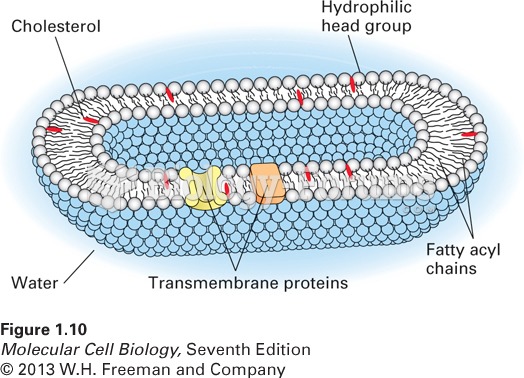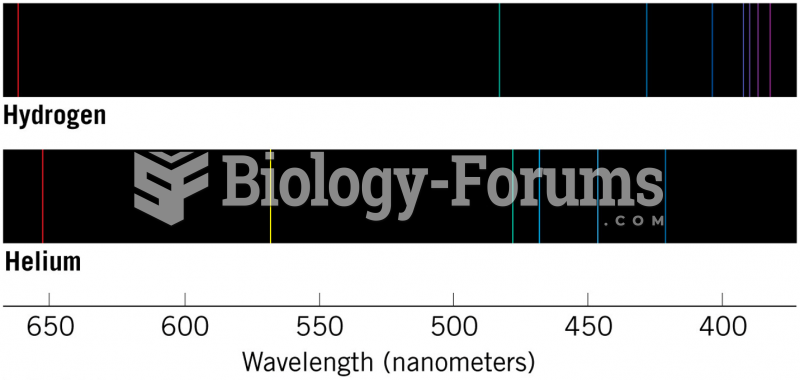|
|
|
It is difficult to obtain enough calcium without consuming milk or other dairy foods.
Though methadone is often used to treat dependency on other opioids, the drug itself can be abused. Crushing or snorting methadone can achieve the opiate "rush" desired by addicts. Improper use such as these can lead to a dangerous dependency on methadone. This drug now accounts for nearly one-third of opioid-related deaths.
The Centers for Disease Control and Prevention has released reports detailing the deaths of infants (younger than 1 year of age) who died after being given cold and cough medications. This underscores the importance of educating parents that children younger than 2 years of age should never be given over-the-counter cold and cough medications without consulting their physicians.
Increased intake of vitamin D has been shown to reduce fractures up to 25% in older people.
More than 150,000 Americans killed by cardiovascular disease are younger than the age of 65 years.







